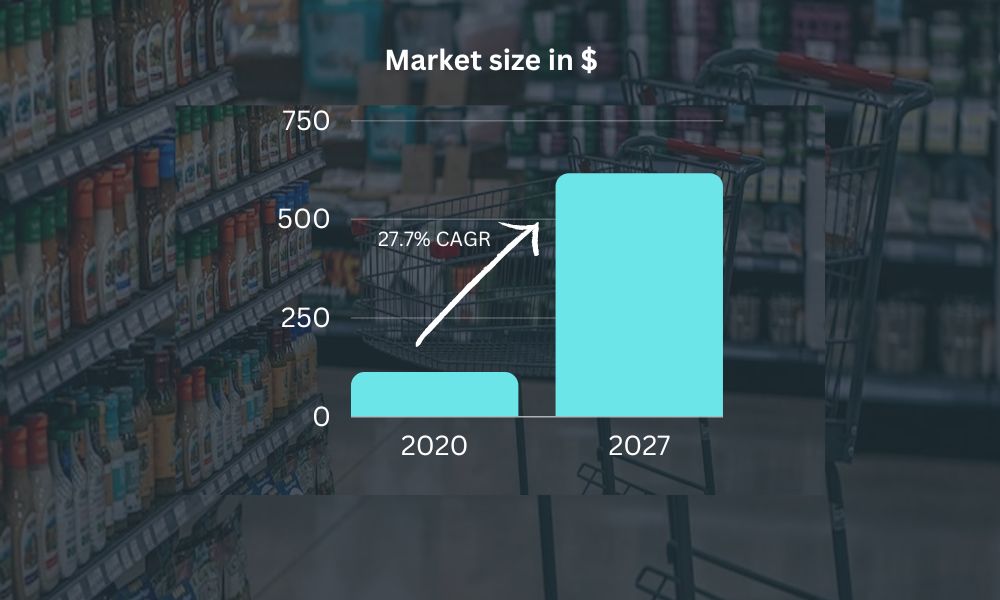Price reduction in the Fast Moving Consumer Goods (FMCG) industry is set to boost the prevailing weak retail demand.
Consumers of FMCG are set to reap the benefits of the ongoing price war in the industry with the Reliance Industry Limited (RIL) setting shop in the sector. Experts say that with increased competition consumers can expect reduced prices and larger quantities of goods, providing them with more value for their purchases and potential cost savings.
In March 2023, Hindustan Unilever Ltd (HUL), the biggest player in the FMCG market, slashed the prices of various Beauty and Personal Care (BPC), and home care products by 10-25 percent. For example, the price of Vim liquid was reduced from Rs. 20 to Rs. 15, Surf Excel and Surf Excel Easy Wash liquid prices were reduced by Rs. 21 and Rs. 15. Apart from the price drop, they also increased the quantity of their products. Godrej Group had also lowered the prices by 15 percent in 2022.
At the end of 2022, the new FMCG arm of Reliance Retail, Reliance Consumer Product Limited (RCPL), announced its launch and came up with BPC and home care products in its initial portfolio.
While the companies stated that the price reduction was done due to the reduction in the raw material prices, experts believe that this is also a strategy to combat the price war in the FMCG industry with RIL setting up its new segment. Nigun Agarwal, an FMCG Analyst, said all the companies are taking extra measures to sustain themselves in the industry. “FMCG companies like HUL and Godrej are taking extra measures to combat the lower prices that RIL will label. They are reducing prices and increasing quantity to stay competitive in the market,” he said.
This price reduction is considered a positive thing by consumers whose income has already taken a toll due to high inflation and would serve to boost the weak retail demand. Swetha, 21, a postgraduate student in Bengaluru, said that through these measures, she can save a small amount of money. She said that this would greatly benefit students and people who are just starting their jobs. “This might be a small saving comparatively, but is a relief with the recent rise in the prices of all the products,” she said.

Businesses see this as an opportunity to increase their sales and are confident that this will bring them more customers. Younis, Proprietor of Milli Enterprise, an FMCG mart, said that when their products enter the market, businesses will see improved sales. “With competitive prices, there will be more sales,” he said. But he added that this might be for a short time period.
Younis said that although products from Jio Mart are priced lower compared to other places; they have started increasing their prices. So, he expects the price reduction to last until RCPL gains a good market share.
An official familiar with the development of RCPL reported in Mint that the company is adopting an aggressive pricing strategy- offering products at lower prices than the competition and also at entry-level price points. Another official said that they use pricing as a plank to enter shops and households. Mint also reported that the company plans to offer prices 30 – 35 percent lower than the current prices.
More options and a lesser price will give consumers more choices, said Vanshaj Khurana, a Business Analyst. “Consumers get more options at a lesser price. If Reliance disrupts the market, others will have to follow, leading to more options at a cheaper price for the end consumer,” he said.
However, experts warn that this will only last for a time until RCPL gains a huge market share. “It is likely that RCPL will increase prices after they gain a good market share, similar to what they did with Jio,” Nigun Agarwal said. “India has a very healthy market for value-for-moneyproducts for marginal consumers,” he said and added that this might boost consumer demand. Vanshaj Khurana said that he expects that a 15 percent reduction would be easily seen across various markets.

By acquiring the five-decade-old Campa Cola, RCPL has priced it less than any of its competitors. RCPL also intends to venture into the domestic, household, and consumer goods markets, encompassing a wide range of categories such as education, raw and processed commercial items, pharmaceuticals, food and beverage products, agricultural and non-agricultural produce, and commodities.




